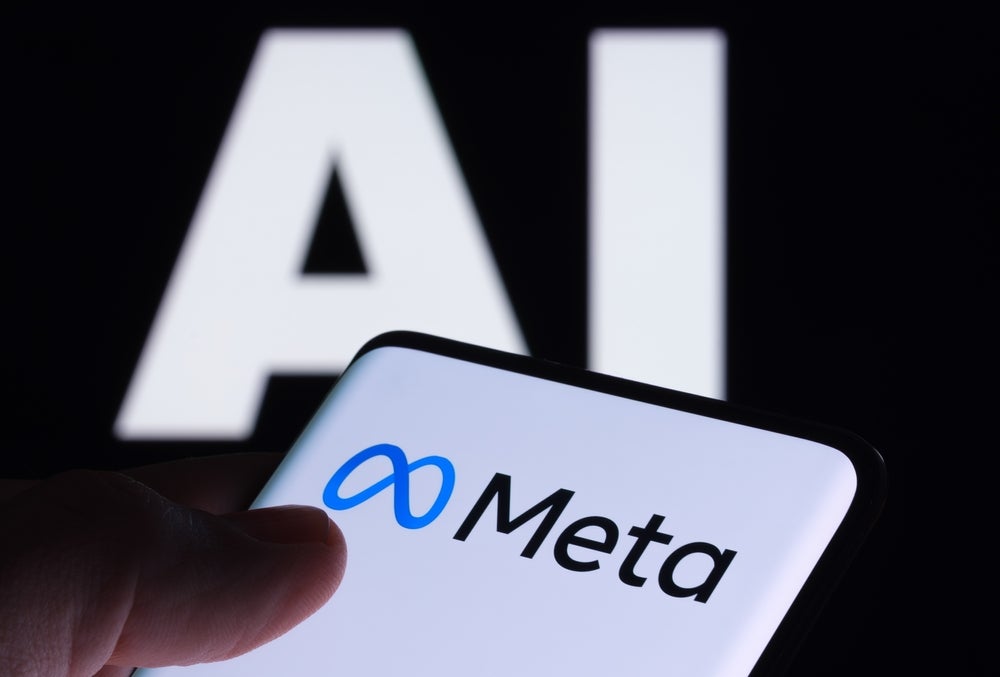
Meta Platforms has announced that it will offer researchers access to AI tools that emulate the “common sense” thought processes of the human brain to aid with image rendering.
Meta’s model, named Joint Embedding Predictive Architecture (I-JEPA), learns to fill in the gaps of incomplete images, drawing on background understanding of the outside world rather than the pixels themselves, which is what similar models currently do.
Rather than the AI system being trained in a “supervised” manner, by feeding it labelled datasets, much like a toddler learning identify a family member from a stranger, the model classifies images using comparisons.
Meta said I-JEPA would offer a more efficient service than current AI software alternatives.
The technology will avoid common errors displayed by other AI-generated images, Meta said. Such mishaps include duplicated or missing elements as was seen in the famous Midjourney generated image of Pope Francis wearing half a rosary.
I-JEPA is based on French computer scientist, Yann LeCun’s hypothesis that the new architecture could overcome key limitations posed by today’s most advanced AI systems.
How well do you really know your competitors?
Access the most comprehensive Company Profiles on the market, powered by GlobalData. Save hours of research. Gain competitive edge.

Thank you!
Your download email will arrive shortly
Not ready to buy yet? Download a free sample
We are confident about the unique quality of our Company Profiles. However, we want you to make the most beneficial decision for your business, so we offer a free sample that you can download by submitting the below form
By GlobalDataLeCun’s vision sees AI as capable of planning how to accomplish complex tasks and adapt to unfamiliar situations.
The work on I-JEPA is grounded in a theory that humans develop knowledge from passive observation, Meta said.
The company referenced “common sense information” as a key to enabling AI models to display intelligent behavior. This included human’s ability to learn new concepts from just a few examples.
Meta has continuously expanded its open-source AI research via its in-house research lab. Meta CEO, Mark Zuckerberg, said that sharing models developed by its researchers could help the company accelerate innovation by identifying safety gaps.
Zuckerberg’s enthusiasm is not as keenly shared by the CEO of other prominent companies specialising in AI, such as CEO of OpenAI Sam Altman and Damis Hassabis, CEO of Google’s DeepMind.
Along with 350 other signatories, Altman and Hassabis warned against AI’s potential threat to humanity in a letter by the non-profit Center for AI Safety .
The statement published equated the possible disruption of AI to that of a pandemic and nuclear war stating that “mitigating the risk of extinction from AI should be a global priority”.
Meta, which owns Facebook and Instagram, declined to sign the statement.







